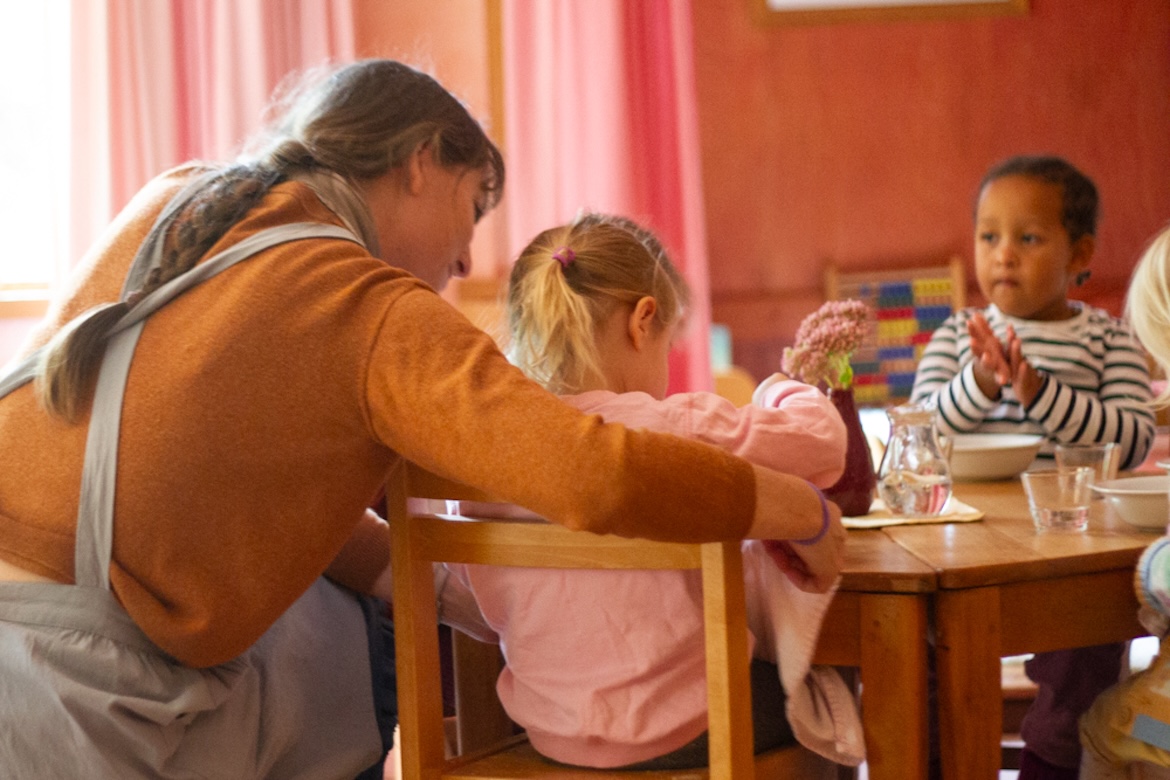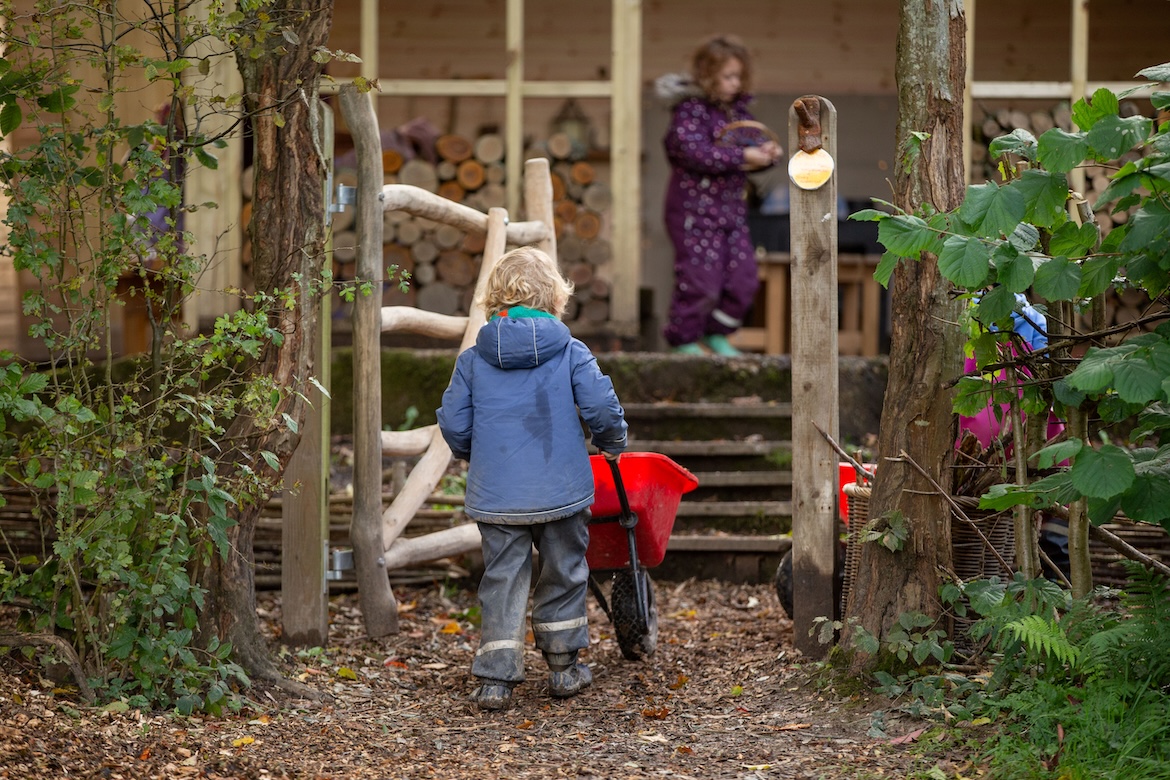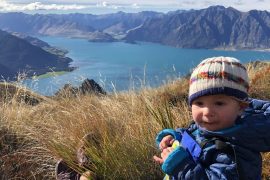By Rachel Ford Blanchard, Head of Early Childhood at Michael Hall School
In an era where play is disappearing from children’s lives, Michael Hall School is standing firm in its belief that play is not just a pastime but the foundation of learning. Rooted in Waldorf Early Childhood education, the school’s approach nurtures creativity, independence, and confidence through open-ended, imaginative play.
At Michael Hall, play is not seen as separate from education – it is education. Young children, aged 2 to 6, engage in meaningful, real-world activities that develop problem-solving skills, resilience, and self-regulation. The early childhood settings are carefully designed to be warm, inviting, and filled with natural materials that encourage exploration. ‘Loose parts’ play resources – such as wooden planks, baskets, and fabrics – allow children to create their own imaginative worlds.

One day, a group of children transformed wooden clothes dryers and planks into a giant airplane. Inside, they arranged chairs for the captain and crew, using wooden boards as computer screens. “We are an air ambulance,” one child explained, “but we do not have any patients yet.” Another child, sitting quietly at the back, was fixing something – part of the scene, part of the play, yet able to self regulate their social interaction by being busy with a much needed job. This immersive imaginative play nurtures collaboration, creativity, and a sense of belonging.
Outdoor play is central to Michael Hall’s philosophy. Every day, regardless of the weather, children spend time in gardens, sandpits, and woodland spaces, fostering a deep connection with nature. The school is home to the UK’s first full-time Waldorf Forest Kindergarten, where children spend their entire day outdoors. Unlike traditional forest school programs, this initiative offers a fully immersive, nature-based curriculum.

Playing outside not only enhances physical development but also builds emotional resilience and self-regulation. Teachers observe that children who play outside quickly gain confidence, adaptability, and a keen awareness of their surroundings. The natural environment also allows educators to better understand each child’s needs, providing responsive and tailored support.











